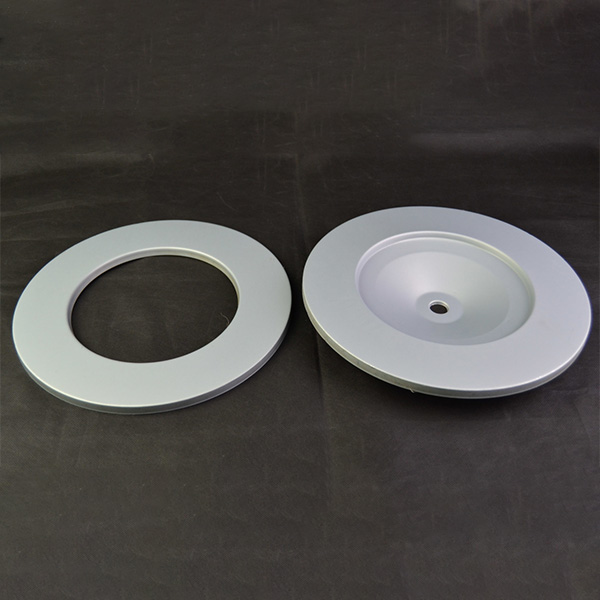Dec . 10, 2024 16:03 Back to list
cooking oil filter machine
The Importance of Cooking Oil Filter Machines Ensuring Quality and Safety in Food Preparation
In the food industry, quality and safety are paramount. One of the essential components that contribute to the integrity of cooking oils used in kitchens and food production facilities is the cooking oil filter machine. This piece of equipment plays a vital role in prolonging the life of cooking oil, enhancing the flavor of food, and ensuring the safety of the consumers.
What is a Cooking Oil Filter Machine?
A cooking oil filter machine is a specialized device designed to remove impurities, contaminants, and particles from cooking oil. These machines can range from small countertop units used in home kitchens to large industrial machines utilized in commercial establishments such as restaurants and food processing plants. The primary function of these machines is to extend the life of cooking oil by filtering out food particles, carbon, and other substances that degrade oil quality.
How Cooking Oil Filter Machines Work
The operation of a cooking oil filter machine typically involves several steps. Initially, the used cooking oil is collected in a reservoir. The machine then circulates the oil through a filtration system. This may involve a combination of mechanical filters, activated carbon, and other filtration media designed to capture particulate matter and absorb unwanted odors. Advanced machines may also employ vacuum filtration, which enhances the efficiency of the filtering process.
Once filtered, the oil can be reused, significantly reducing waste and minimizing costs associated with frequent oil replacement. This process not only preserves the quality of the cooking oil but also ensures that the food prepared using the oil remains free from undesirable flavors and contaminants.
Benefits of Using Cooking Oil Filter Machines
cooking oil filter machine

1. Cost Efficiency Frequent replacement of cooking oil can be a significant expense for restaurants and food manufacturers. By using a cooking oil filter machine, businesses can extend the life of their oil, thereby reducing overall costs.
2. Improved Food Quality Clean oil contributes to better-tasting food. Filters remove burnt particles and other impurities that can impart off-flavors to the dishes. Thus, using filtered oil can enhance the flavor profile of the food served.
3. Health and Safety Cooking oils that are not regularly filtered can become oxidized and develop harmful compounds. Filtered oil maintains better health standards, making it safer for consumption. This is particularly important for establishments that prioritize food safety and compliance with health regulations.
4. Environmental Impact Cooking oil waste can contribute to environmental pollution if not disposed of properly. By filtering and reusing oil, businesses can significantly reduce oil waste, contributing to more sustainable cooking practices.
5. Ease of Use Modern cooking oil filter machines are user-friendly, often featuring automatic filtration processes that require minimal operator involvement. This convenience allows staff to focus on other essential tasks in the kitchen.
Conclusion
In conclusion, the cooking oil filter machine is an indispensable tool in the food industry. It not only helps maintain the quality of cooking oil but also supports the overall safety and satisfaction of consumers. As sustainability becomes an increasingly important issue, the ability to extend the life of cooking oil through filtration aligns perfectly with environmental goals. For restaurants and food manufacturers looking to enhance their operations, investing in a cooking oil filter machine can lead to significant long-term benefits. Ultimately, these machines contribute to a more efficient and sustainable approach to food preparation, ensuring that quality and safety in cooking are preserved.
-
PLJT-250-25 Full-auto Turntable Clipping Machine | Efficient Automation
NewsJul.20,2025
-
Cheap PLJY109-500 Full-Auto HDAF Expanded Mesh Spiral Coiling Machine - High Efficiency & Quality Manufacturer
NewsJul.08,2025
-
Best PLHJ-6 Full-Auto Eco Filter Rotary Heat Plating Machine - High Efficiency & Eco-Friendly Solution
NewsJul.08,2025
-
High-Efficiency Paper Pleating Machine for Filters Trusted Filter Paper Pleating Machine Company
NewsJul.07,2025
-
High-Performance Oil Filter for Cadillac ATS – Reliable Engine Protection Solutions
NewsJul.07,2025
-
High Quality PU Glue for Filters – Reliable Filter Glue Supplier & Exporter Get PU Glue Quotes Now
NewsJul.07,2025
